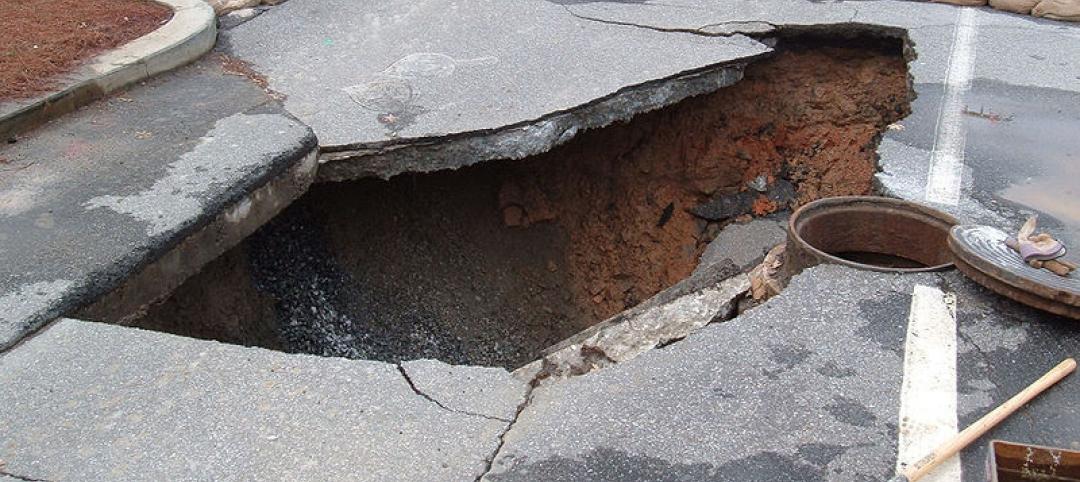Seattle has implemented a new regulation to reduce the number of rats occupying vacant buildings.
The port city ranks first in the U.S. in the number of rats living within its borders. The new rat eradication regulation goes into effect in 2017. It requires developers to prove they have consulted with a pest-control professional before any vacant building is demolished. If the inspection discovers a rat infestation, the rodents must be eradicated before the building can be torn down.
Existing regulations make controlling a rat problem the responsibility of the building owner. When a developer buys a vacant building, the rat problem can become significant while the owner prepares to redevelop the property.
Making matters worse, Seattle is in the midst of a construction boom. Many vacant properties are facing demolition, and rats tend to move from formerly vacant properties into neighboring homes or buildings.
Related Stories
Codes and Standards | May 19, 2017
Spate of sinkhole incidents points to neglected infrastructure investment
Suddenly appearing caverns cause deaths, evacuations, interruption of utility services.
Codes and Standards | May 18, 2017
AIA releases updated edition of its A201 flagship documents
These core documents are updated once a decade.
Codes and Standards | May 16, 2017
Trump’s proposed corporate tax rate changes said to stifle funding for affordable housing
Banks reluctant to commit to specific deals with tax credit status uncertain.
Codes and Standards | May 15, 2017
New IoT-Ready Alliance to establish standard for IoT sensors in LED light fixtures
It aims to make installation of technology easier.
Codes and Standards | May 10, 2017
OSHA increases penalties on South Dakota contractor after fatal building collapse
Agency issues over $300,000 in fines for ‘willful’ safety violations.
Codes and Standards | May 9, 2017
Potential shade on Boston Common from proposed high-rise raises public ire
The Mayor is among those who want to change 1990s anti-shadow law.
Codes and Standards | May 9, 2017
Method of estimating amount of CO2 by building occupants may be inaccurate
New research suggests current estimates may be off by as much as 25%.
Codes and Standards | May 8, 2017
National Fenestration Rating Council’s new U-factor standard open for public comment
Member-approved ballot change to NFRC 100 comments to close on May 28.
Codes and Standards | May 4, 2017
Millennials’ views on sustainability could influence the workplace
Nine out of ten say it is important that they work for a company committed to sustainability.
Codes and Standards | May 3, 2017
New York State extends design-build authority
The legislation includes eight additional projects.

















